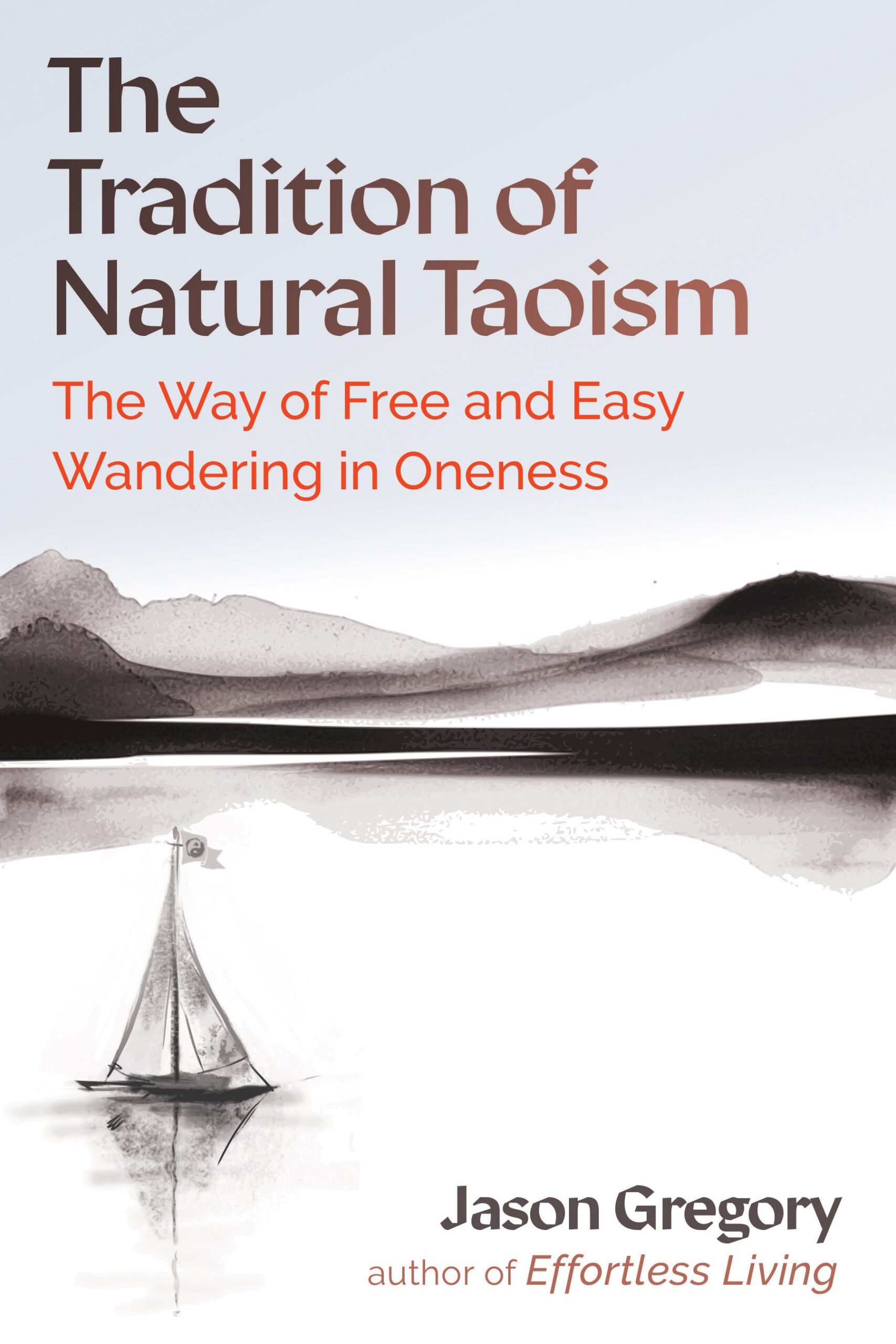Loving Kindness Meditation: The Buddha’s Teaching of Compassion
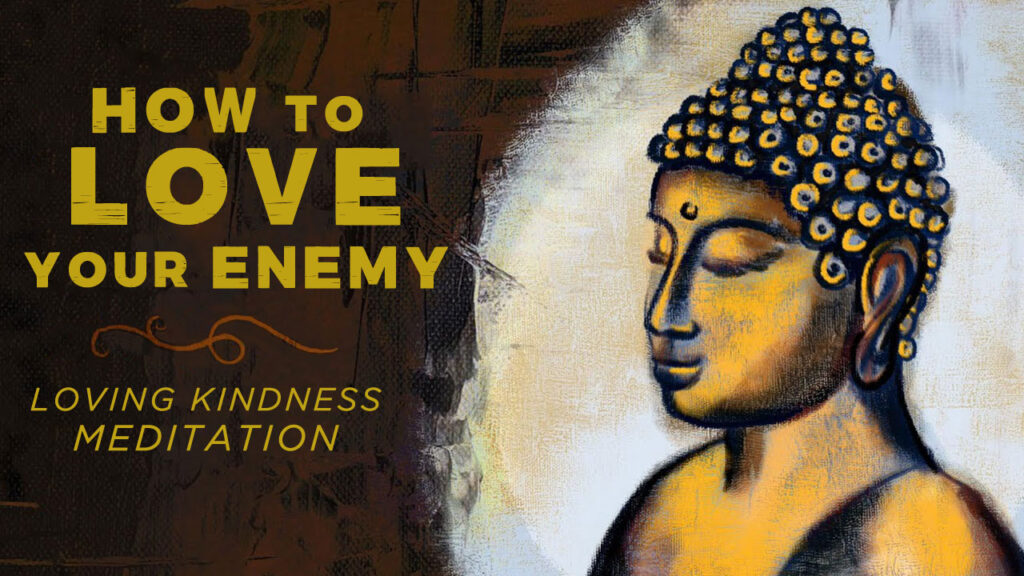
In this episode of Enlightenment Today, I will explain the practice of loving kindness meditation in Buddhism. In a world lacking compassion and forgiveness, loving kindness meditation is a great practice to cultivate and amplify those intrinsic human qualities. The decline of compassion and forgiveness was also a problem during the time of the Buddha. But instead of blaming others, Buddha turns our gaze within to expand our love beyond the boundaries of our associated affection, to include our so-called enemies and strangers. This practice will transform your mind and has a profound impact on how you experience the world. NOTE: This site directs people to Amazon and is an Amazon Associate member. As an Amazon Associate I earn from qualifying purchases, at no additional cost to you. The pages on this website may contain affiliate links, which means I may receive a commission if you click a link and purchase something that I have recommended. This goes a tiny way towards defraying the costs of maintaining this site.
How a Sage Aligns with the Tao
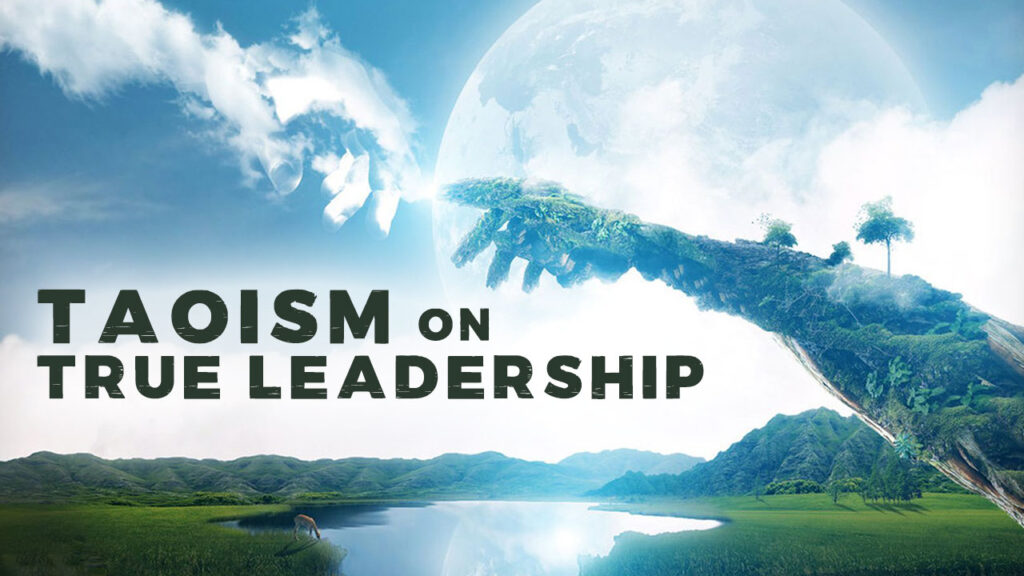
In this podcast, we will explain how the Taoist sage is a mirror reflection of the eternal nature of Heaven and Earth. The secret to lasting forever is embodied in the nature of how the Tao is and we need to emulate that nature within our own lives. Find out what this secret is in the seventh episode of the 81 Meditations of the Tao Te Ching, a series where we explore each chapter of the Tao Te Ching. We will dissect chapter seven of the Tao Te Ching to give you ultimate clarity on the meaning of this chapter. NOTE: This site directs people to Amazon and is an Amazon Associate member. As an Amazon Associate I earn from qualifying purchases, at no additional cost to you. The pages on this website may contain affiliate links, which means I may receive a commission if you click a link and purchase something that I have recommended. This goes a tiny way towards defraying the costs of maintaining this site.
Why No Relationship to Anything is Freedom
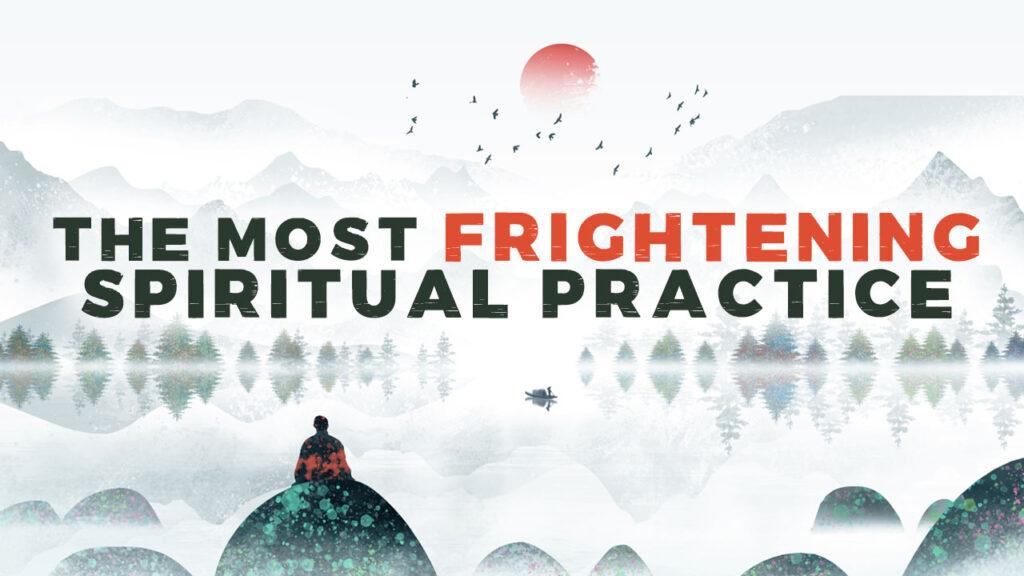
In this podcast, we will explain why having no relationship to anything is freedom. In the ancient scripture of the Mandukya Upanishad and its Karika (commentary) by the ancient Advaita master Gaudapada, we discover a practice and a way of life focused on having no relationship to anything for advanced sages known classically as Asparsha Yoga. This hidden knowledge and practice were feared by the great Yogi’s of the past because of its intensity, but, nevertheless, Asparsha was still acknowledged as a prerequisite for spiritual liberation. Find out why the ancient Yogi’s and spiritual aspirants fear Asparsha Yoga. NOTE: This site directs people to Amazon and is an Amazon Associate member. As an Amazon Associate I earn from qualifying purchases, at no additional cost to you. The pages on this website may contain affiliate links, which means I may receive a commission if you click a link and purchase something that I have recommended. This goes a tiny way towards defraying the costs of maintaining this site.
Taoism’s Ultimate State of Authenticity
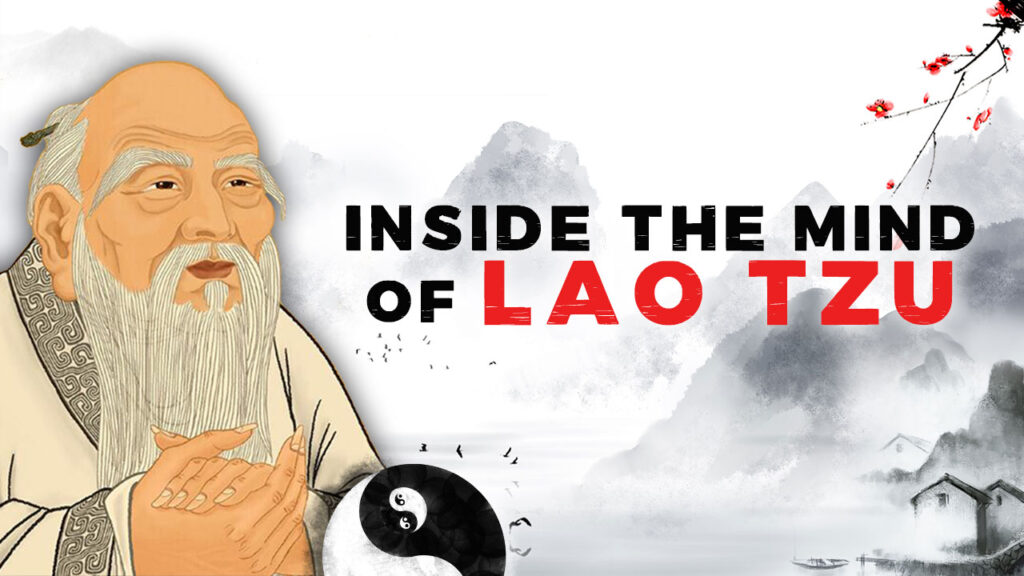
In this episode of Enlightenment Today, I will explain the ultimate state of authenticity accessed by the great Taoist sages. In the Tao Te Ching, Lao-tzu spoke of a genuineness that is at the core of our very being that the true sage of Tao embodies. This is a radical authenticity that is not determined by pop culture or any form of socialization. It goes far beyond social, cultural, and religious conditioning to a state of being that is a mirror reflection of the natural process of Tao, the way of nature. NOTE: This site directs people to Amazon and is an Amazon Associate member. As an Amazon Associate I earn from qualifying purchases, at no additional cost to you. The pages on this website may contain affiliate links, which means I may receive a commission if you click a link and purchase something that I have recommended. This goes a tiny way towards defraying the costs of maintaining this site.
Eastern Spirituality vs Western Psychology
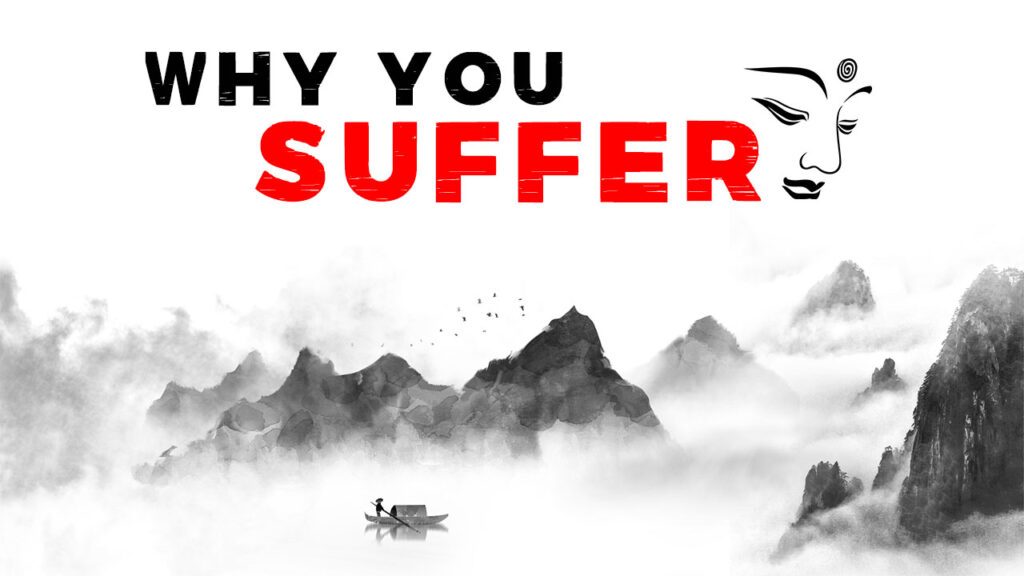
In this podcast, we will explain how Eastern spirituality and Western psychology understand the “I,” the persona. Both have completely different perspectives of the individual based on their diametrically opposed cultural and religious worldviews. These differences are extremely important for understanding how to overcome suffering. One path provides a way of dealing with our suffering within the social and cultural boundaries we find ourselves in and the other questions these boundaries by suggesting the society and culture themselves create suffering and cannot be alleviated by conforming to the indoctrination that caused suffering in the first place. NOTE: This site directs people to Amazon and is an Amazon Associate member. As an Amazon Associate I earn from qualifying purchases, at no additional cost to you. The pages on this website may contain affiliate links, which means I may receive a commission if you click a link and purchase something that I have recommended. This goes a tiny way towards defraying the costs of maintaining this site.
Taoism, Buddhism, and Hinduism on the True Nature of Happiness
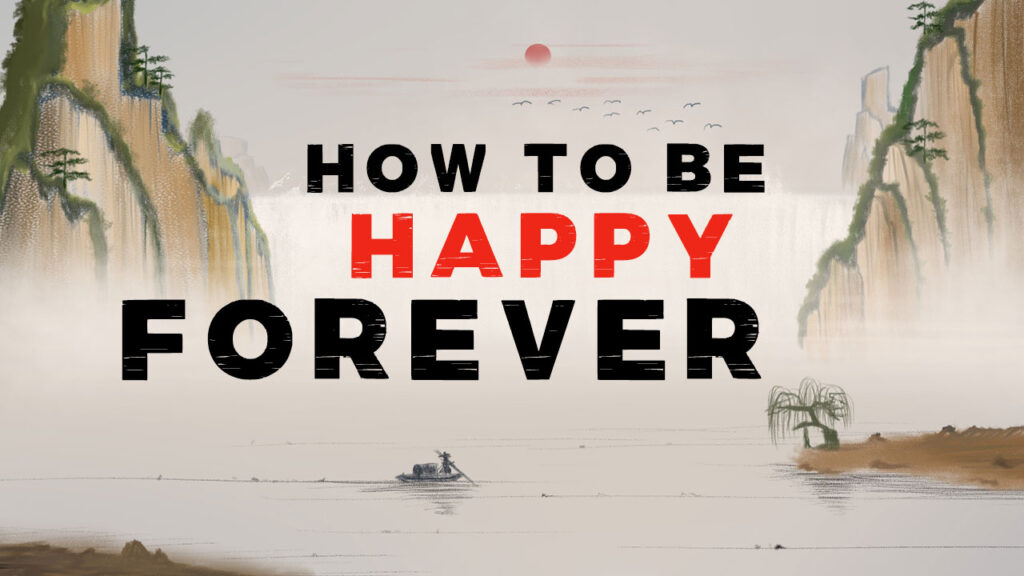
In this podcast, we will explain what the true state of everlasting bliss is in Eastern spirituality. In Hinduism and Buddhism, they speak of Ananda, a bliss that is everlasting and innate to our being. But Ananda is not an associated form of happiness, rather it is unassociated. Taoism also agrees with the views of the Dharmic paths and have an identical view. In the Tao Te Ching, Lao-tzu explains that there is a contentment of contentment we can experience which is beyond partiality. All three traditions postulate that unassociated bliss is our true nature. However, most of us don’t even know what that means, nor have we experienced it. We need to first ask ourselves, what does unassociated bliss really mean? And if it is true, what steps do we have to take to experience this everlasting happiness? NOTE: This site directs people to Amazon and is an Amazon Associate member. As an Amazon Associate I earn from qualifying purchases, at no additional cost to you. The pages on this website may contain affiliate links, which means I may receive a commission if you click a link and purchase something that I have recommended. This goes a tiny way towards defraying the costs of maintaining this site.
Taoism’s Critique of Virtue Signaling and Identity Politics
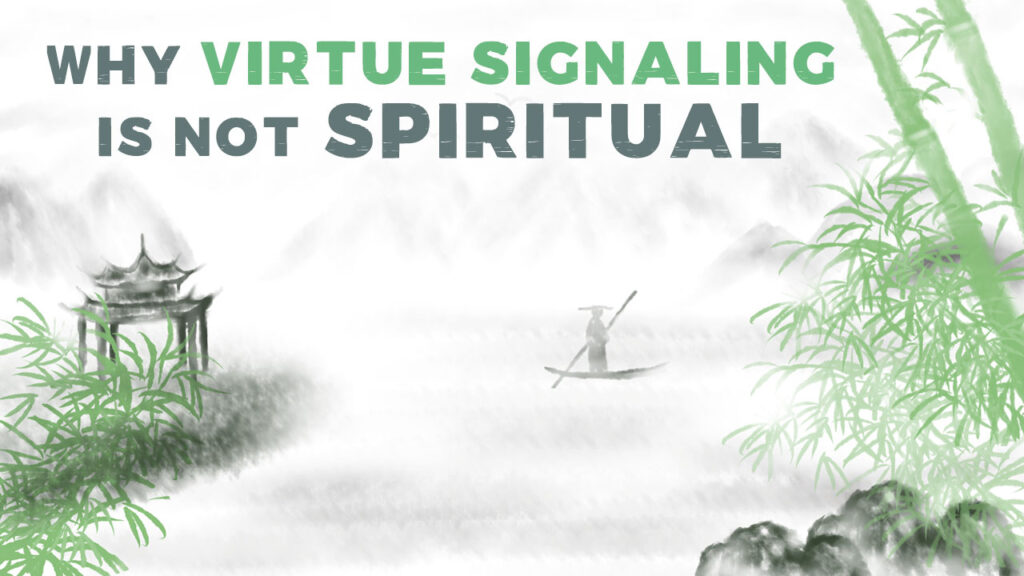
In a world growing overly sensitive and overly serious about every little thing due to political correctness being forced on the innocent minds of the masses, virtue signaling and weaponizing identity becomes a new tool to create artificial divides among humanity. But this is nothing new. 2,500 years ago during the Warring States period of China, Lao-tzu had to also deal with the politically correct insanity that gave rise to Confucianism. Hence, Lao-tzu left society because common sense and being humble had declined and were eventually replaced with verbal and physical posturing (virtue signaling). In this episode of Ask Jason, I will answer a concern that many people on the spiritual path have, does virtue signaling and identity politics have a place in Eastern spirituality considering the core principle of the East is to dissolve the identity that is full of beliefs and opinions built on the illusion of separation? NOTE: This site directs people to Amazon and is an Amazon Associate member. As an Amazon Associate I earn from qualifying purchases, at no additional cost to you. The pages on this website may contain affiliate links, which means I may receive a commission if you click a link and purchase something that I have recommended. This goes a tiny way towards defraying the costs of maintaining this site.
Taoism’s Mystic Feminine – The Yin Power of the Universe
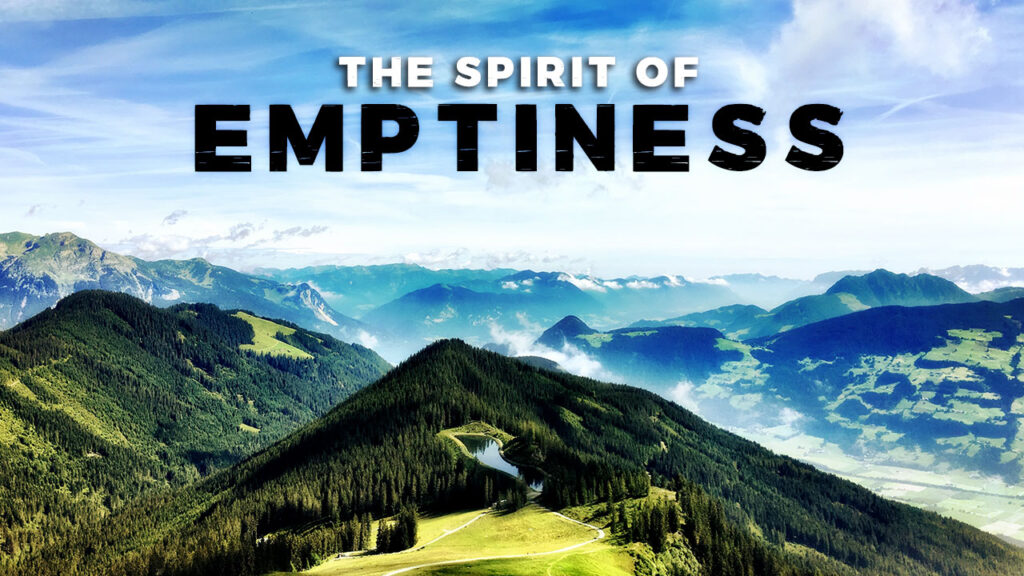
In this podcast, we will explain the mystical feminine represented by the valley spirit in Taoism. This valley spirit of the Tao contains the secret power of Yin that is accessible to all when we become receptive to the fundamental forces of the universe. This podcast is the sixth episode of the 81 Meditations of the Tao Te Ching, a series where we will explore each chapter of the Tao Te Ching. We will dissect chapter six of the Tao Te Ching to give you ultimate clarity on the meaning of the chapter. NOTE: This site directs people to Amazon and is an Amazon Associate member. As an Amazon Associate I earn from qualifying purchases, at no additional cost to you. The pages on this website may contain affiliate links, which means I may receive a commission if you click a link and purchase something that I have recommended. This goes a tiny way towards defraying the costs of maintaining this site.
Taoism’s Butterfly Dream Story – The Transformation from Ego to Tao
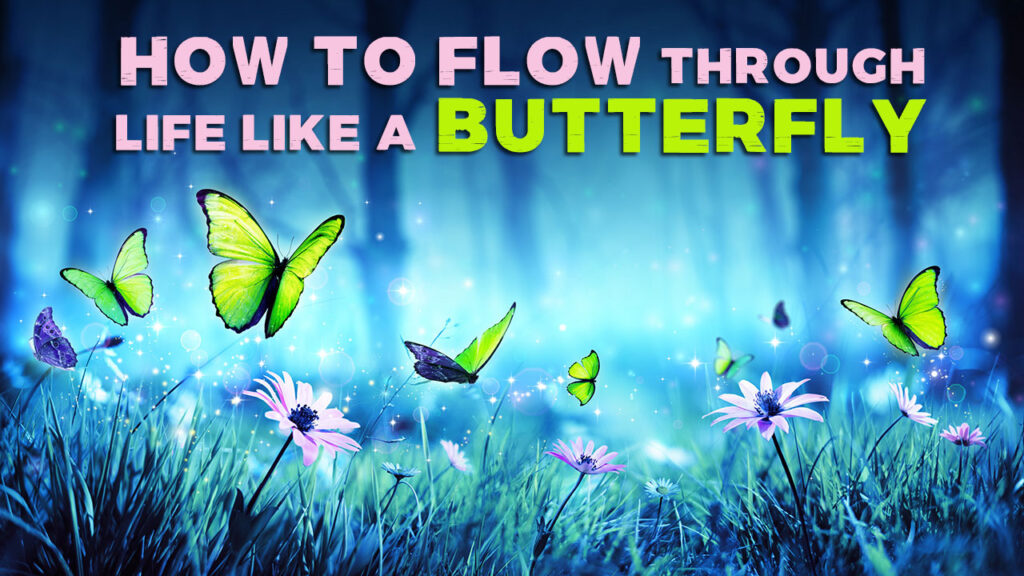
In this podcast, we will explain one of Taoism’s most famous stories, Zhuangzi’s butterfly dream. In the Zhuangzi text, chapter two is finished with a very odd and peculiar story of Zhuang Zhou (Zhuangzi) dreaming he is a butterfly and the butterfly dreaming it was Zhuang Zhou. Many theories and speculation have been made about the meaning of this story. We will explain the three main meanings and the hidden Taoist interpretation of Zhuangzi’s butterfly dream. NOTE: This site directs people to Amazon and is an Amazon Associate member. As an Amazon Associate I earn from qualifying purchases, at no additional cost to you. The pages on this website may contain affiliate links, which means I may receive a commission if you click a link and purchase something that I have recommended. This goes a tiny way towards defraying the costs of maintaining this site.
Psychedelics Discovered in India’s Most Ancient Spiritual Tradition

India is not typically known for its relationship to psychedelics. But around 3500 years ago we find an anomaly in India’s most ancient text, a mysterious word called Soma. Some have attributed this to a psychedelic plant, some to a non-hallucinogenic plant, while others believe it’s something metaphorical that makes no sense to us in the modern day. In this episode of The Sacred Word, I will explore the mystery of Soma discovered in India’s most ancient text, the Rig Veda. I will dissect the candidates for Soma and try to end the age-old debate as to whether Soma is a psychedelic or not. NOTE: This site directs people to Amazon and is an Amazon Associate member. As an Amazon Associate I earn from qualifying purchases, at no additional cost to you. The pages on this website may contain affiliate links, which means I may receive a commission if you click a link and purchase something that I have recommended. This goes a tiny way towards defraying the costs of maintaining this site.

